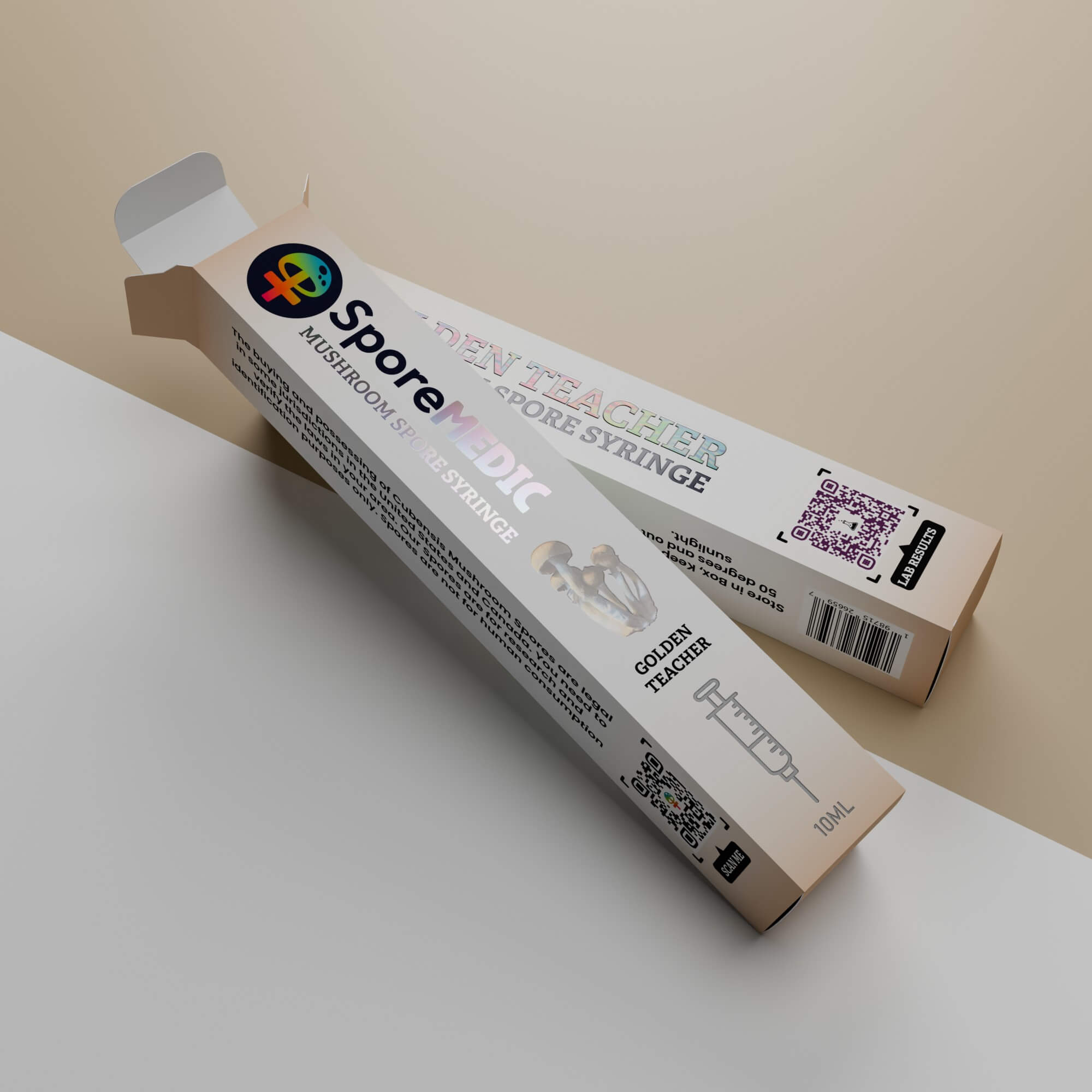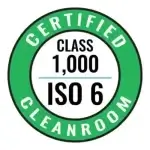Spore Syringes vs. Liquid Cultures: Understanding the Basics and Choosing the Right Tool for Your Mycology Journey
For anyone stepping into the fascinating world of mycology, understanding the tools at your disposal is essential. Among the most common resources are spore syringes and liquid cultures. While both are invaluable for cultivating mushrooms, they serve different purposes and have distinct advantages. Let’s dive deeper into the differences, advantages, and practical applications of these tools to help you decide which is best for your needs.
What Are Spore Syringes?
A spore syringe contains a sterile solution filled with mushroom spores suspended in water. Spores, which are the reproductive units of fungi, are comparable to seeds in plants. They carry the genetic material needed to grow mushrooms and are essential for exploring new strains and species.
How Spore Syringes Are Made
Spore syringes are created by collecting spores from the gills of mature mushrooms. These spores are then suspended in a sterile water solution to ensure even distribution and longevity. At Atlas Spores, every syringe is carefully prepared in a controlled environment to maintain sterility and maximize quality.
Key Features of Spore Syringes
- Genetic Exploration: Because spores are uncolonized, they offer genetic diversity that allows for the exploration of unique traits within a mushroom species.
- Versatile Application: They can inoculate various substrates, including grain jars, sawdust blocks, and compost.
- Educational Tool: Spore syringes are commonly used in research and educational settings to study fungal life cycles.
Advantages of Spore Syringes
- Cost-Effective: Spore syringes are generally more affordable than liquid cultures.
- Long-Term Storage: When stored in a cool, dark place, spore syringes remain viable for months, sometimes years.
- Variety of Strains: They allow access to a wide range of species, perfect for beginners and enthusiasts looking to experiment.
What Are Liquid Cultures?
A liquid culture consists of live, growing mycelium suspended in a nutrient-rich liquid medium. Mycelium is the vegetative part of the fungus that absorbs nutrients and forms the foundation for mushroom growth. Liquid cultures skip the germination phase, making them an excellent choice for quicker and more reliable cultivation.
How Liquid Cultures Are Made
Liquid cultures are created by introducing spores or a small amount of mycelium into a nutrient solution. Over time, the mycelium grows and spreads throughout the liquid, creating a dense, active culture ready for inoculation.
Key Features of Liquid Cultures
- Pre-Grown Mycelium: Eliminates the time required for spore germination, speeding up the overall growth process.
- High Success Rate: The presence of active mycelium reduces the likelihood of contamination during early stages.
- Uniform Results: Because the mycelium is already established, liquid cultures tend to produce more consistent and predictable yields.
Advantages of Liquid Cultures
- Time-Saving: Colonization occurs much faster compared to spore inoculation.
- Efficiency: Less material is required to achieve full colonization, making them a cost-effective choice for frequent growers.
- Reliability: Cultures from Atlas Spores are lab-tested for purity and viability, ensuring dependable results.
For further reading on the science of liquid cultures, explore Mushroom Cultivation: The Basics.
Key Differences Between Spore Syringes and Liquid Cultures
| Feature | Spore Syringes | Liquid Cultures |
| Content | Spores suspended in sterile water | Live, growing mycelium in a nutrient solution |
| Usage | Best for beginners and genetic exploration | Ideal for quick, reliable cultivation |
| Speed | Requires time for spores to germinate | Faster colonization due to pre-grown mycelium |
| Shelf Life | Long-lasting when stored in a cool, dark place | Shorter shelf life, requires careful storage |
| Genetic Diversity | High diversity, may result in variable growth | Consistent and uniform growth |
| Contamination Risk | Moderate, requires sterile handling | Lower, but still requires sterile techniques |
Practical Applications of Spore Syringes
Spore syringes are versatile and widely used across various applications:
- Educational Projects: Many biology students and educators use spore syringes to study fungal development.
- Genetic Experimentation: Growers interested in exploring unique mushroom traits or developing hybrid strains rely on spore syringes.
- Home Cultivation: Beginners often start with spore syringes due to their affordability and accessibility.
To get started with spore syringes, explore Atlas Spores Collection.
Practical Applications of Liquid Cultures
Liquid cultures are preferred for advanced or commercial cultivation due to their speed and reliability:
- High-Yield Operations: Commercial mushroom farms use liquid cultures for faster colonization and higher success rates.
- Consistent Results: Experienced growers aiming for uniform yields in gourmet mushroom production favor liquid cultures.
- Advanced Mycology: Researchers working on specialized fungal studies often choose liquid cultures for their precision.
Choosing the Right Tool for Your Needs
- Beginner Enthusiasts: Spore syringes are a great starting point for learning about mushroom cultivation and experimenting with genetic diversity.
- Advanced Growers: Liquid cultures are better suited for those looking to save time and achieve consistent results.
For more insights into mycology, explore Atlas Spores Educational Resources or advanced techniques on North Spore’s Blog.
Tips for Success in Mushroom Cultivation
- Maintain Sterility: Contamination is the biggest threat to mushroom cultivation. Always work in a clean environment with sanitized tools.
- Store Properly: Keep spore syringes in a refrigerator and liquid cultures in a cool, dark place to extend their viability.
- Experiment: Don’t be afraid to try different substrates, strains, and techniques to find what works best for you.
Final Thoughts
Understanding the differences between spore syringes and liquid cultures is crucial for successful mushroom cultivation. Both tools have unique advantages, and your choice depends on your goals, experience level, and project requirements.
Ready to take the next step? Visit Atlas Spores for high-quality spore syringes, liquid cultures, and everything you need to grow and learn in the world of mushrooms. For further exploration, the Mycological Society of America provides excellent resources for enthusiasts and professionals alike.



